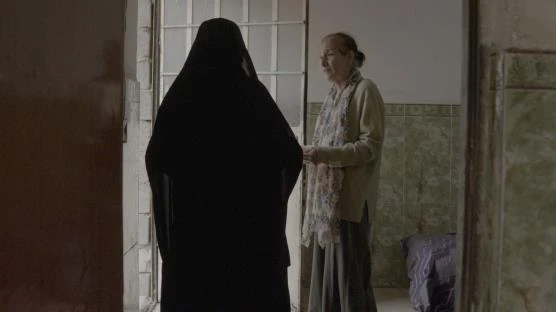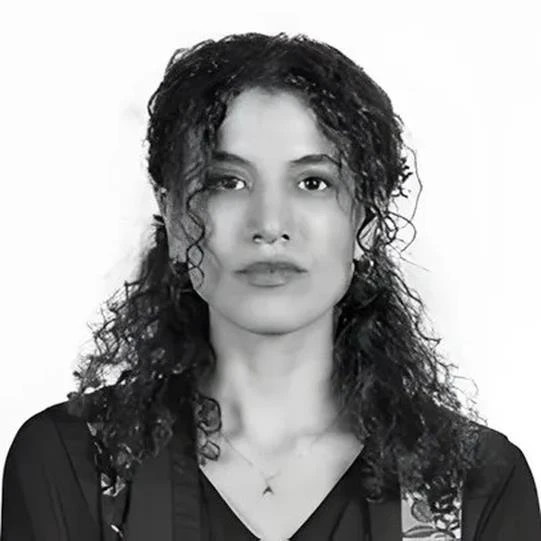Born and raised in a Baghdad midwife house, director Zahraa witnesses the rejection of newborn girls. She probes Iraq's war and tribal laws, unravelling why families abandon daughters. Against societal odds, surviving girls strive for solitary lives.
In Baghdad today, Zahraa (30) returns to her childhood home to seek answers about her family's past and her own early years. She was kept as a baby in the house with her aunt Hayat (66), a midwife who still practises her profession in one of the house's bedrooms. For over twenty years, Zahraa has been haunted by the disappearance of her childhood friend Noor from that same house.
Determined to find answers, she questions her aunt and sets out on a journey through Baghdad to search for any trace of Noor. Instead, she finds another girl, Laila (22), at the same shelter where Noor was last seen. Zahraa discovers that many girls are abandoned by their mothers due to gender-based violence. As she follows Laila’s struggle to build a life in a society that rejects her, Zahraa also examines how the war on Iraq has reinforced patriarchal systems to the point that mothers are forced to leave their baby daughters behind.
Determined to find answers, she questions her aunt and sets out on a journey through Baghdad to search for any trace of Noor. Instead, she finds another girl, Laila (22), at the same shelter where Noor was last seen. Zahraa discovers that many girls are abandoned by their mothers due to gender-based violence. As she follows Laila’s struggle to build a life in a society that rejects her, Zahraa also examines how the war on Iraq has reinforced patriarchal systems to the point that mothers are forced to leave their baby daughters behind.

